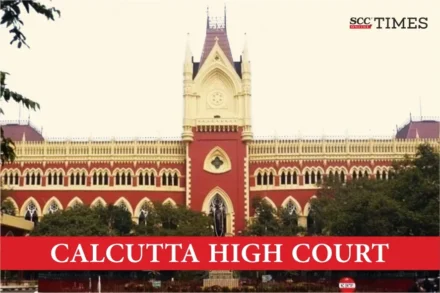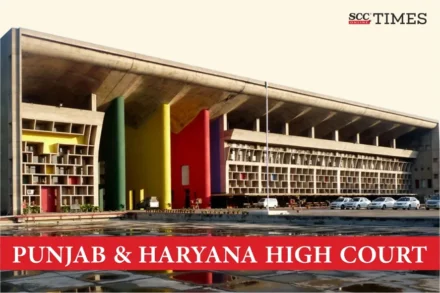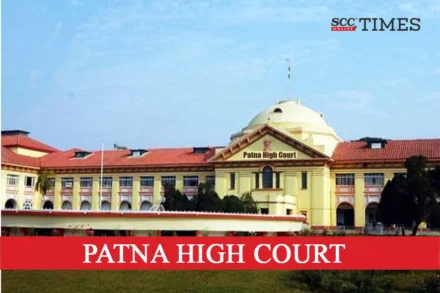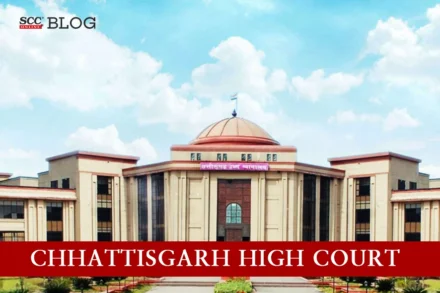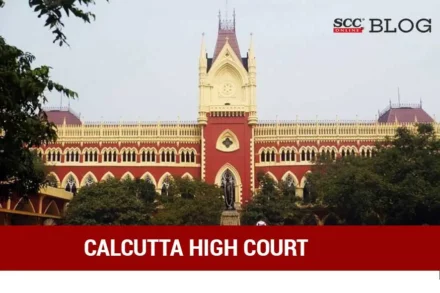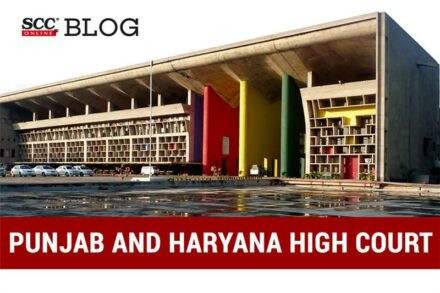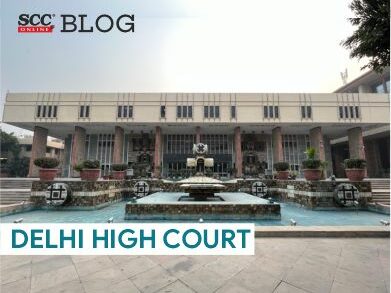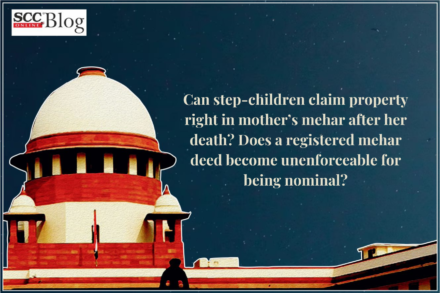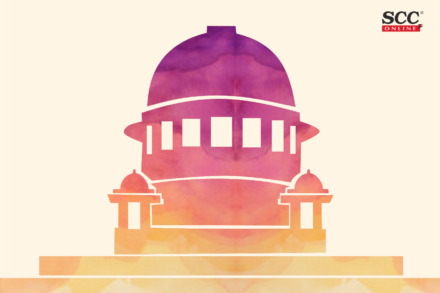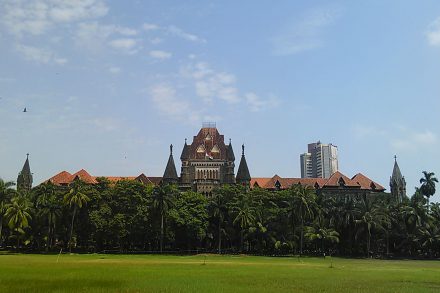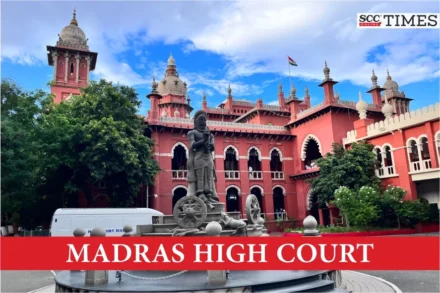
Husband’s second marriage causes emotional distress, amounting to cruelty; Madras High Court upholds compensation to Muslim wife
Madras High Court emphasised that the process of talaq requires strict adherence to established procedures. If the husband asserts that he has divorced his first wife by properly pronouncing talaq three times, but the wife disputes this, it raises the critical question of whether the marriage has been validly dissolved.


